| Author: | Lt.-Col. Daniel C. Hodges | ISBN: | 9781786250506 |
| Publisher: | Verdun Press | Publication: | November 6, 2015 |
| Imprint: | Verdun Press | Language: | English |
| Author: | Lt.-Col. Daniel C. Hodges |
| ISBN: | 9781786250506 |
| Publisher: | Verdun Press |
| Publication: | November 6, 2015 |
| Imprint: | Verdun Press |
| Language: | English |
Operation Stalemate II was conducted on 15 September 1944 to secure the Palau Islands in the Pacific Ocean. The primary purpose of this operation was to prevent the Japanese from attacking MacArthur’s western flank while he conducted operations in the Philippines. After 72 days of fighting US forces eliminated the entire Japanese garrison of 13,500 soldiers. US casualties included over 2,000 dead or missing.
Operation Stalemate II did not achieve its primary purpose of preventing the enemy from attacking MacArthur’s flank because that purpose had already been accomplished. The commander of Japanese forces in the Palaus did not have the ability influence actions against the Americans in the Philippines.
Prior to 15 September 1944 key leadership realized the intent of Stalemate II had already been achieved. Despite this knowledge Stalemate II was allowed to proceed because military leadership of the Pacific was hampered by an inefficient command structure. The inefficiencies manifested as disputes between personalities and services, competition for resources, and decentralized execution of two distinctly separate courses of action against Japanese forces in the Pacific. This led to duplication of efforts and execution of unnecessary tasks. Stalemate II was one such unnecessary task.
Although unnecessary at the time, Stalemate II significantly contributed to today’s Joint command and control concepts. The sacrifices made by those who participated in Stalemate II continue to pay dividends for America’s modern military forces.
Operation Stalemate II was conducted on 15 September 1944 to secure the Palau Islands in the Pacific Ocean. The primary purpose of this operation was to prevent the Japanese from attacking MacArthur’s western flank while he conducted operations in the Philippines. After 72 days of fighting US forces eliminated the entire Japanese garrison of 13,500 soldiers. US casualties included over 2,000 dead or missing.
Operation Stalemate II did not achieve its primary purpose of preventing the enemy from attacking MacArthur’s flank because that purpose had already been accomplished. The commander of Japanese forces in the Palaus did not have the ability influence actions against the Americans in the Philippines.
Prior to 15 September 1944 key leadership realized the intent of Stalemate II had already been achieved. Despite this knowledge Stalemate II was allowed to proceed because military leadership of the Pacific was hampered by an inefficient command structure. The inefficiencies manifested as disputes between personalities and services, competition for resources, and decentralized execution of two distinctly separate courses of action against Japanese forces in the Pacific. This led to duplication of efforts and execution of unnecessary tasks. Stalemate II was one such unnecessary task.
Although unnecessary at the time, Stalemate II significantly contributed to today’s Joint command and control concepts. The sacrifices made by those who participated in Stalemate II continue to pay dividends for America’s modern military forces.
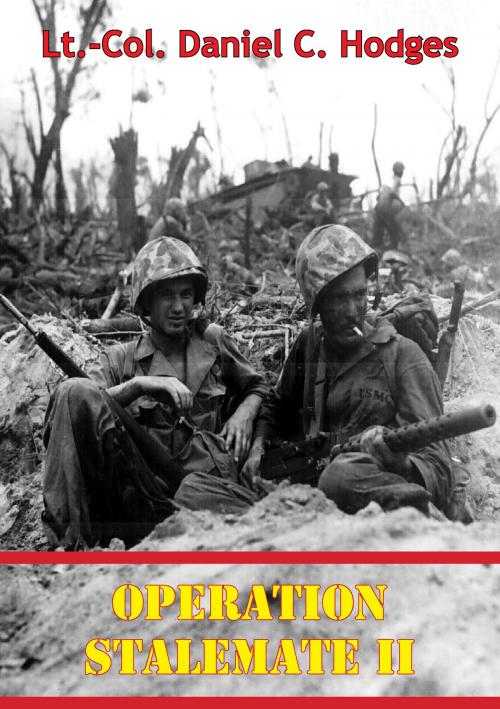
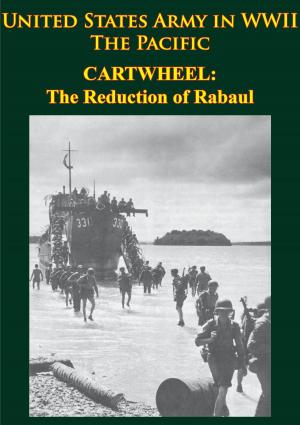

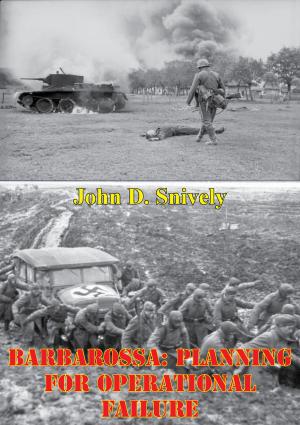


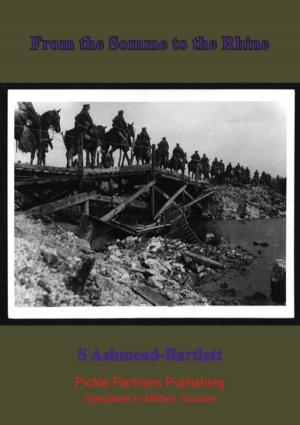
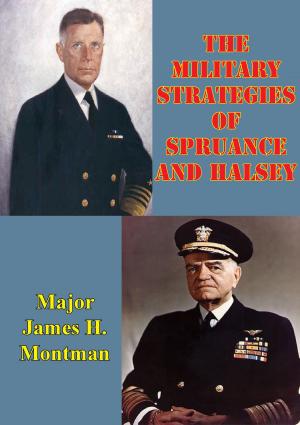

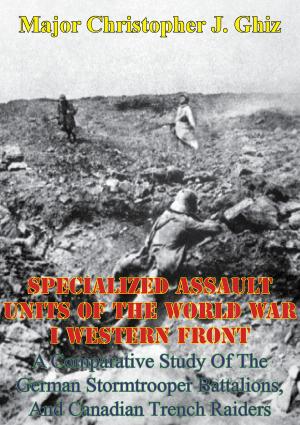

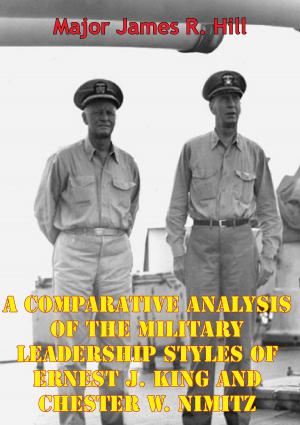
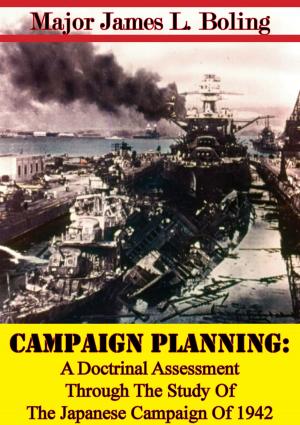

![Cover of the book Marines In World War II - Marine Aviation In The Philippines [Illustrated Edition] by Lt.-Col. Daniel C. Hodges](https://www.kuoky.com/images/2014/august/300x300/9781782892878-xEPh_300x.jpg)
![Cover of the book Angels Of Armageddon: The Royal Air Force In The Battle Of Megiddo [Illustrated Edition] by Lt.-Col. Daniel C. Hodges](https://www.kuoky.com/images/2014/august/300x300/9781782894414-HKrg_300x.jpg)